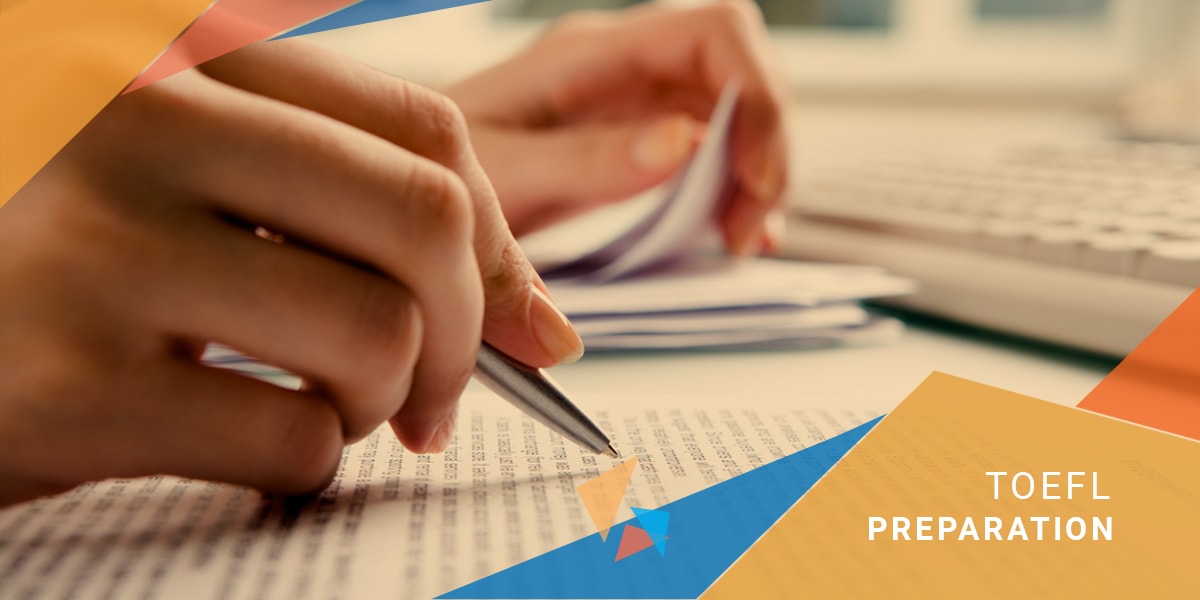- Home
- -
- Course Details
GMAT
COURSE DESCRIPTION
The Graduate Management Admission Test (GMAT) is a computer adaptive test (CAT) intended to assess certain Analytical, Writing, Quantitative, Verbal and Reading skills in written English for use in admission to a graduate management program, such as an MBA program. it requires knowledge of certain specific grammar and knowledge of certain specific algebra, geometry and arithmetic. it can be taken up to five times a year but no more than 8 times total. attempts must be at least 16 days apart.
HOW is GMAT scored?
The GMAT score range varies form 200-800 ,with the highest GMAT score being 800 . GMAT is scored in increments of 10 ( for example -500,510 ,520 and so on ) .GMAT assesses certain analytical, writing, Quantitative, and verbal skills for use in admission to a graduate management program, such as an MBA. about 70 % of the test takers score between 400 and 600.
What is GMAT Syllabus ?
As far as the GMAT syllabus concerned .there is no specific syllabus from where you can study . but there is a list of topics from which most of the questions in GMAT are asked .
The topics are asked on the GMAT for quant and verbal section are as follows:
QUANTITATIVE SECTION
The quantitative section comprises of topics from Arithmetic, Algebra, and, Geometry
ARITHMETIC
- Number properties
- Multiples and factors
- Fractions
- Decimals
- Percentages
- Averages
- Powers and Roots
- Profit and loss
- Simple and compound interest
- Speed, Time and Distance
- Ratio and Proportion
- Mixtures and alligation
- Descriptive and statistics
- Set theory
- Probability
ALGEBRA
- Permutation and Combination
- Monomials, Polynomials
- Algebraic expressions and equations
- Functions
- Exponents
- Arithmetic and geometric progression
- Quadratic equations
- Inequalities and basic statistics
GEOMETRY
- Lines and angles
- Triangles
- Quadrilaterals
- Circles
- Rectangular solids and cylinders
- Coordinate geometry
VERBAL SECTION
Topics in GMAT verbal section are divided into
- Sentence correction
- Critical reasoning
- Reading comprehension
Sentence correction
- Verb tense
- Pronoun
- Subject-verb agreement
- Modifiers
- Idioms
- Parallelism
- Comparison
Critical reasoning
- Inference
- Assumption
- Evaluate
- Strengthen and weaken
- Boldface
- Paradox








